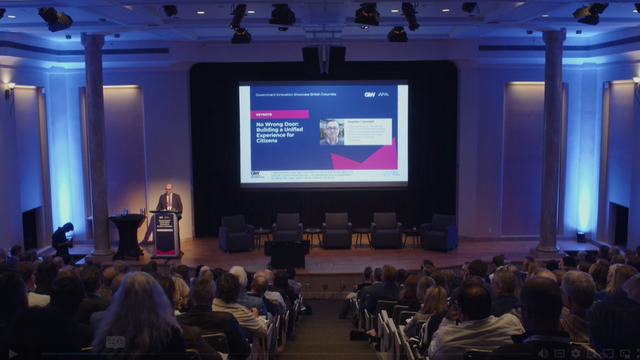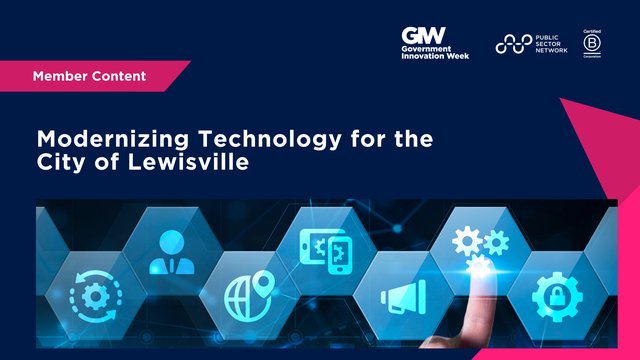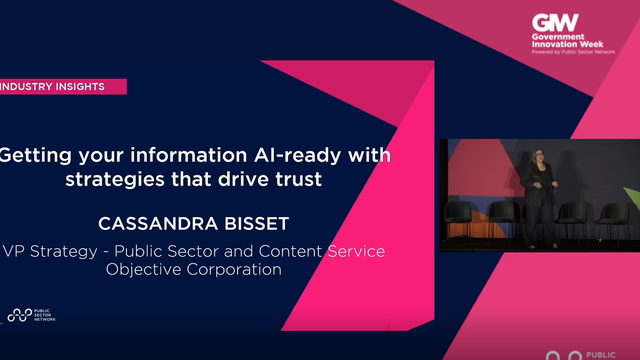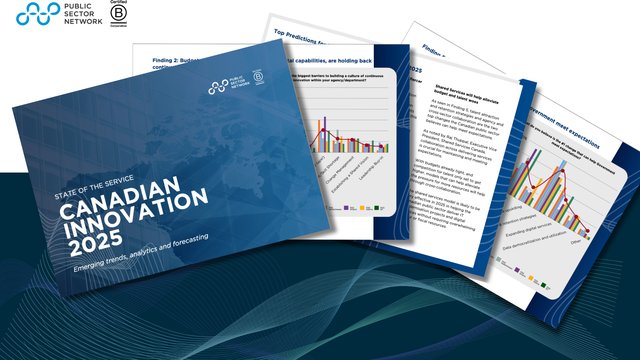SAP commissioned a recent discussion in partnership with the SAP Institute for Digital Government and the Public Sector Network to explore the opportunities, uncover the challenges, and provide best practice recommendations on taking the next steps to instil “trust through transparency”. We encourage you to explore the key insights and download the report.
The constant flow of data between users, organisations, and social-media platforms has increased public concerns around trust and transparency. People have naturally grown cautious about how their data is used and shared following massive breaches of trust by private organisations and government agencies alike.
With private enterprises spearheading the latest developments in online communication and services, governments must remain attuned to people’s changing expectations as both users and citizens.
The SAP Institute for Digital Government recently explained Trust as, “To build trust, citizens need to feel confident that the data they provide to government will be used to provide services they need, request and value, as well as empowered to communicate and deliver feedback. Government in turn must deliver on its promise”.
SAP believes technology can be used to create a culture of transparency. One example of how SAP is taking the next step on instilling trust in a data-driven society is through the Ethical AI initiative: SAP was the first European technology company to establish an external AI ethics advisory panel with Luka Mucic, SAP SE Chief Financial Officer, commenting: “SAP considers the ethical use of data a core value…We want to create software that enables the intelligent enterprise and actually improves people’s lives.”
To better understand how the public sector can instil trust through transparency, SAP recently commissioned a discussion with various government agencies . Representatives in attendance included the ACT Government (ACT), the Australian Taxation Office (ATO), Digital Transformation Agency (DTA), Department of Human Services (DHS), Department of Social Services (DSS), Department of Home Affairs (DHA), Department of Defence (DOD), Department of Education (DOE) and the National Indigenous Australians Agency (NIAA).
The Trust Challenge
A critical element of the discussion was the Four Pillars on which governments can create confidence and trust amongst its citizens.
- Privacy: Agencies explored a ‘walled garden’ approach, which establishes a closed ecosystem where citizens feel safe to share data, similar to the community and brand loyalty built by Apple.
- Security: Governments need to adopt a holistic approach to data security that incorporates national security, legal framework, and the support of specialised services and workers.
- Transparency: Data must only be used for its intended and stated purpose. Government must explain how data is used, exchanged, and protected to demonstrate openness to its citizens.
- Ethics: Data analysis and AI require strong ethical frameworks. The Public Interest Test is valuable in determining what data should be collected and how it might be used and shared.
Attendees noted that the primary challenges that governments face are:
- concerns over legacy technologies and systems,
- the establishment and enforcement of ethical AI guidelines, and
- the lack of cross-departmental exchange in determining and maintaining best practice.
Leaving the challenge behind
The discussion moved to examples of both global and local government departments making moves to instil trust, to address some of the challenges they are facing. What’s clear is that governments know exactly what they need to do, and are beginning to make steps forward.
Internationally, the City of Orlando is using technology to power the city’s ‘voice of the resident’ program, ensuring that every member of the community has a clear and effective way to communicate feedback with city leaders. Gathering and acting on resident feedback is a core component of the city’s stated goal to increase trust in local government. Read more.
In Europe, SAP’s support of ethical data use can be seen in the Italian Alps through its partnership with the provincial government of South Tyrol . By implementing SAP Leonardo and blockchain running on SAP Cloud Platform, the government streamlined its service delivery with citizens only needing to enter information once before authorised government employees across South Tyrol agencies can access it.
South Tyrol
created a chain of certification that authenticates and maintains people’s data consistently, eliminating redundancy, improving citizen experiences, and creating new models for citizen engagement to improve quality of life.
Discussions then led to Australia , where numerous agencies are implementing a ‘tell-us-once’ approach, such as the myGov initiative where citizens’ existing data is carried over to pre-filled application forms.
The Australian Government’s Digital Transformation Agency (DTA) has successfully implemented a permissions-based system where citizens can opt-in/out to share data between applications. DTA is also piloting Digital ID, including the potential for Single or Multiple IDs, to identify providers for all financial and government services.
The Department of Human Services (DHS) is introducing Citizen Mapping to capture what services are used and which are no longer being accessed, while the ATO is modernising its Business Register to centralise its data storage and access.
The ACT Government is focused on delivering services based on citizens’ Life Events and working on a Wellbeing Indicator to ensure citizen confidence around data use. Similarly, the Department of Education (DOE) is improving customer satisfaction by making data use visible to citizens and traceable through outcomes.
Discussions noted how each of the listed examples demonstrate an awareness of public concern regarding data use and government transparency. Australia’s federal government is currently considering recommendations based on the Productivity Commission’s Data Availability and Use Inquiry. The country awaits the passing of the Data Availability and Transparency Act as Australia’s government works toward a consistent national data system and supporting framework that’s aligned with citizens’ expectations.
Summarising the key outtakes
Citizens expect services – both public and private – to be responsive, reliable, and easy to navigate. While governments are adopting the platforms and processes for accommodating these demands, more can be done to instil lasting trust amongst citizens while providing a secure and streamlined service.
Chris Peck, Executive, General Manager, SAP Australia, shares that SAP are working with many ambitious organisations and agencies on Trust as a key measure for ‘brand’ in government. “Our approach focuses on Transparency around government data management and use, Operational Excellence by providing the “right service, delivered to the right person at the right time”, and providing a Bi-directional view where the citizen can see what the government knows about them and the services on offer, and the government can see what the citizen expects and their interactions and engagements with government. SAP is helping governments ‘Listen + Understand + Act’”.

































